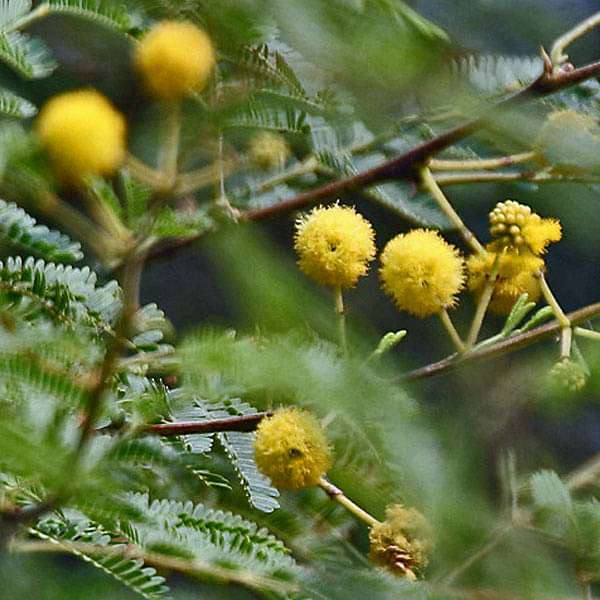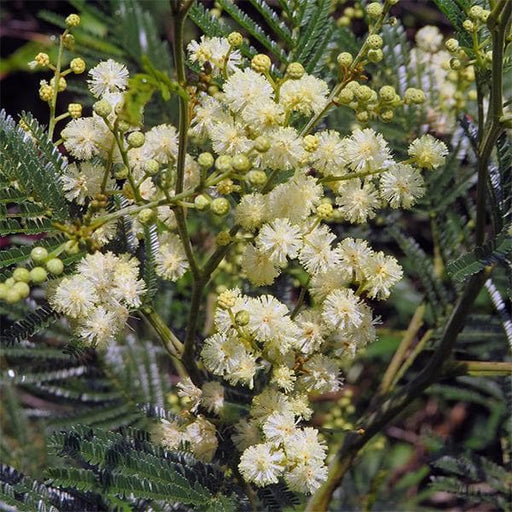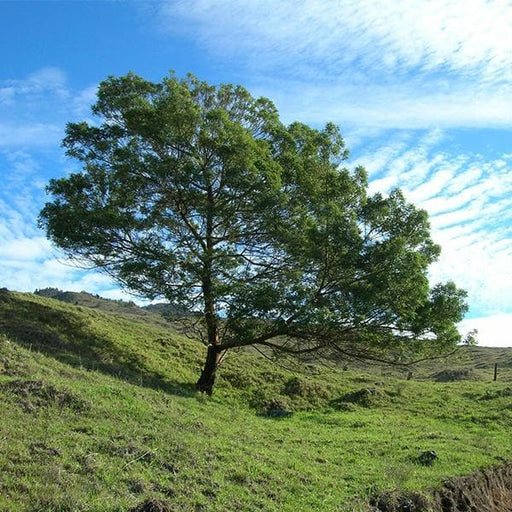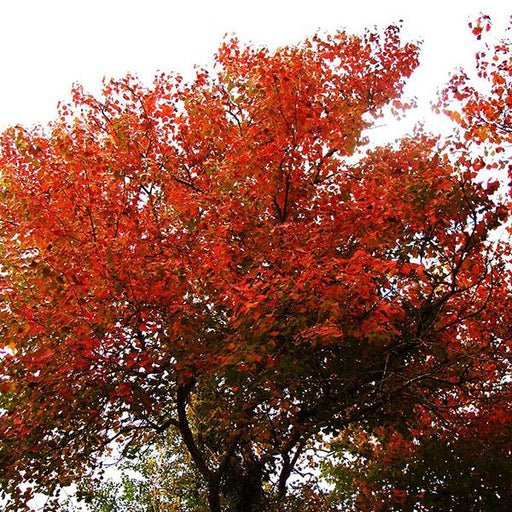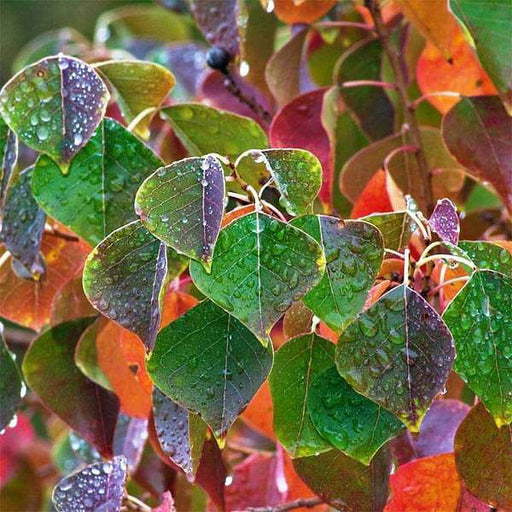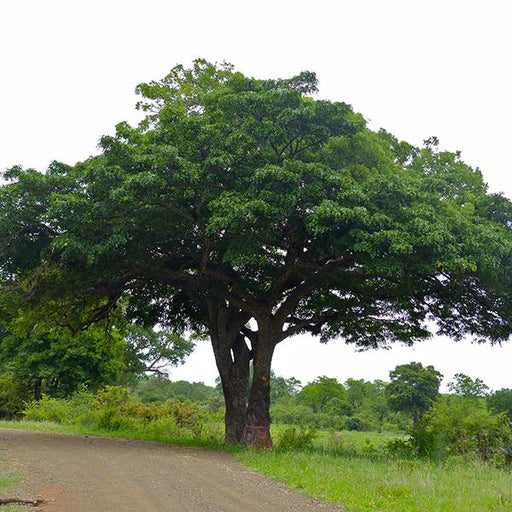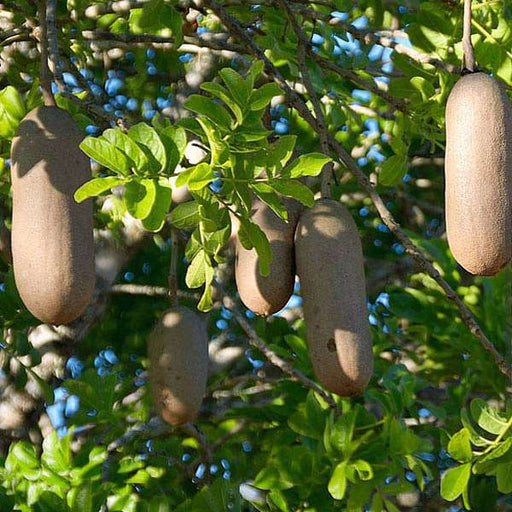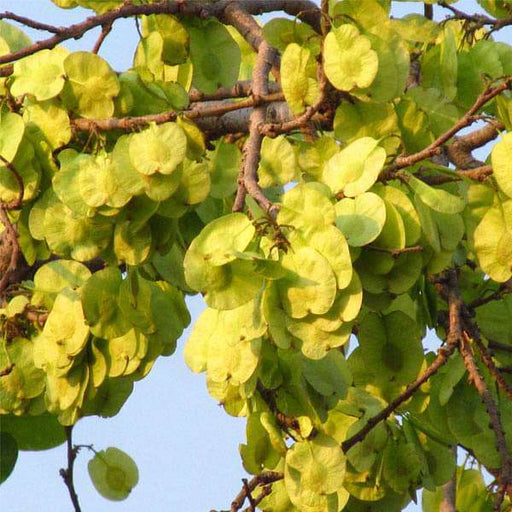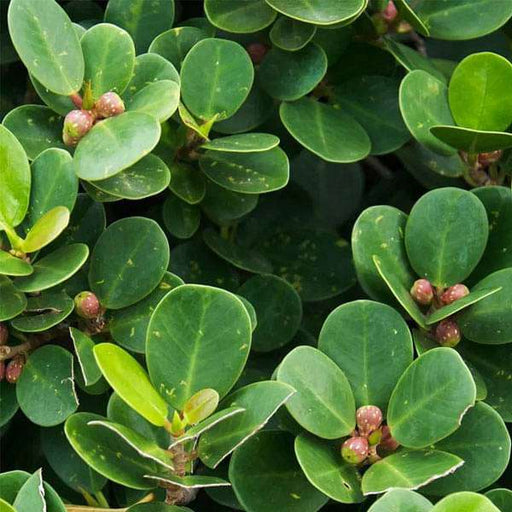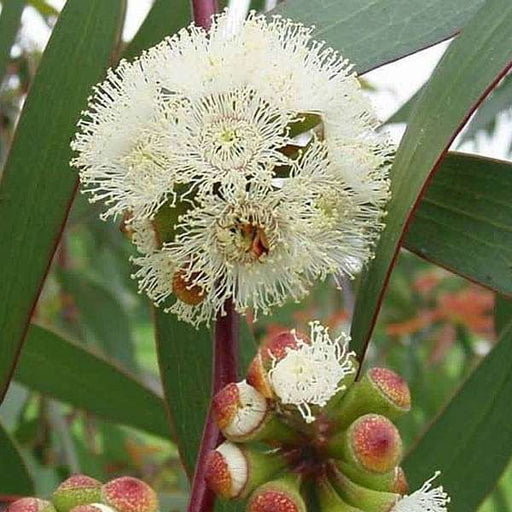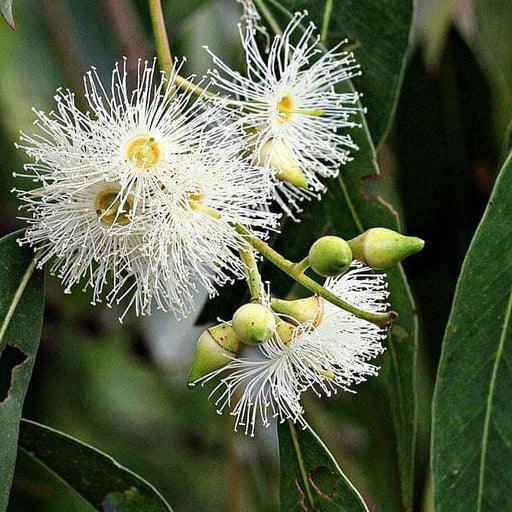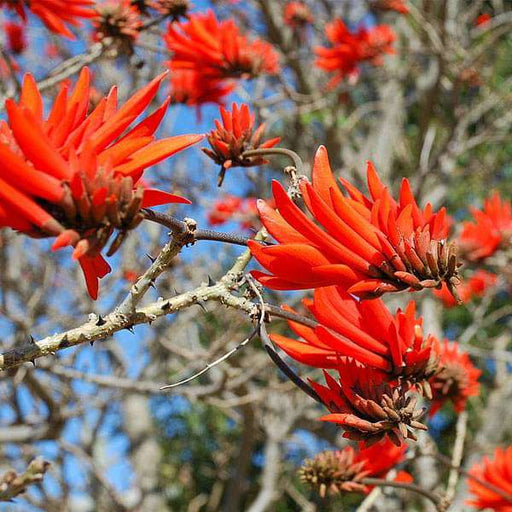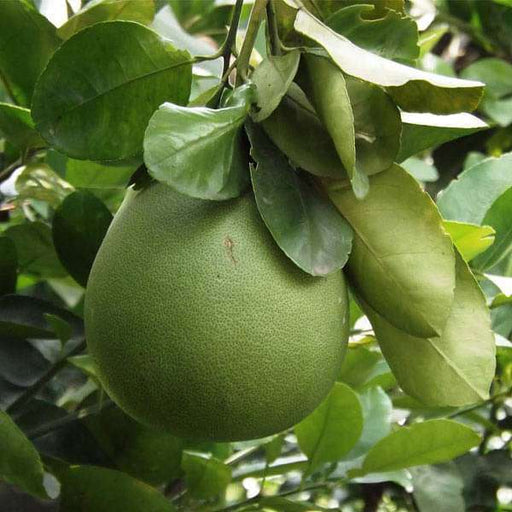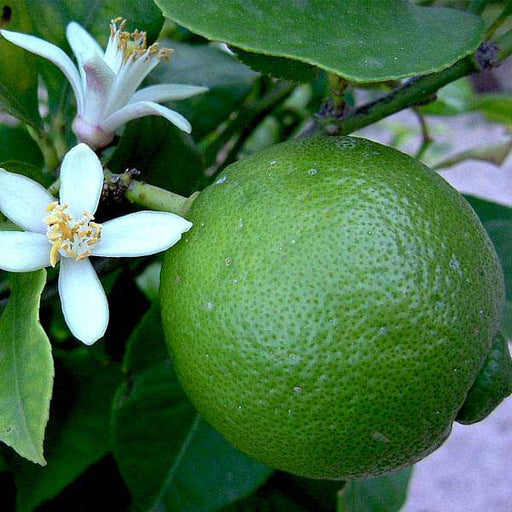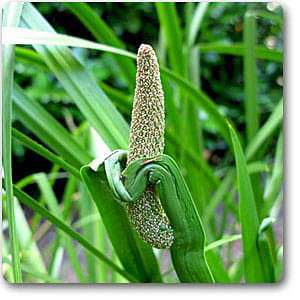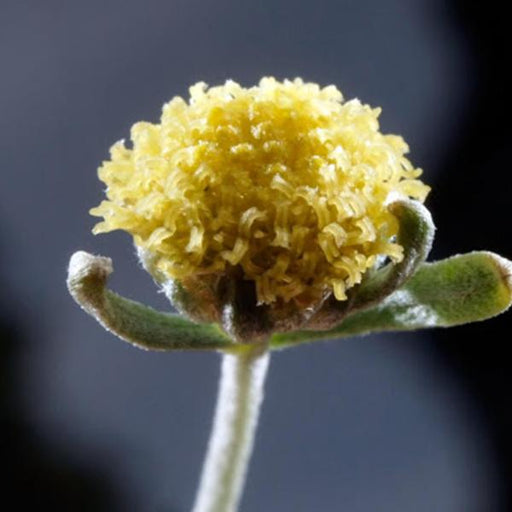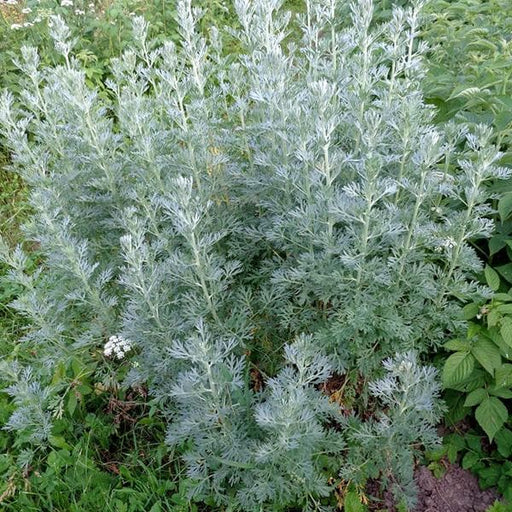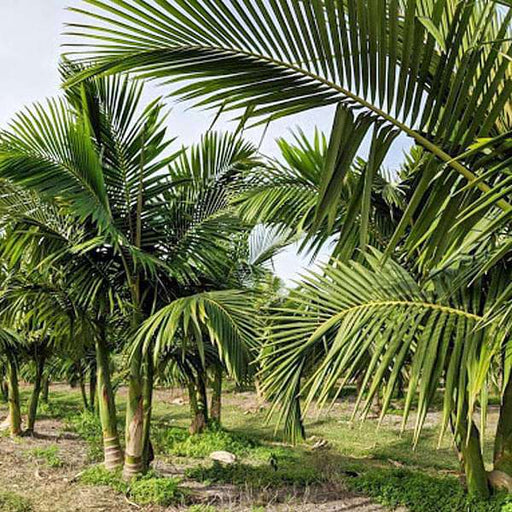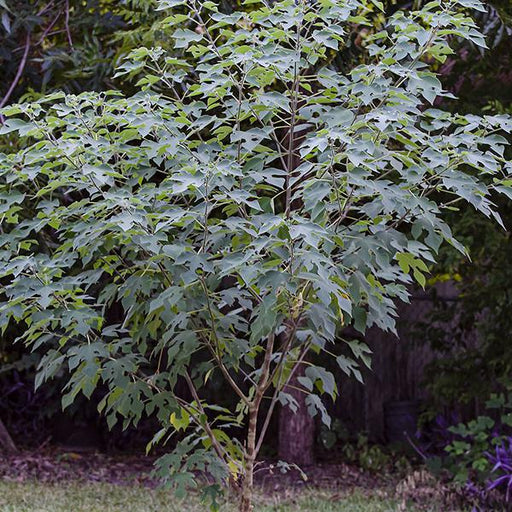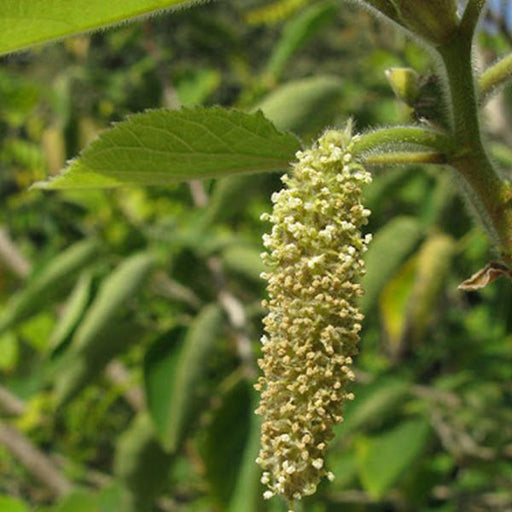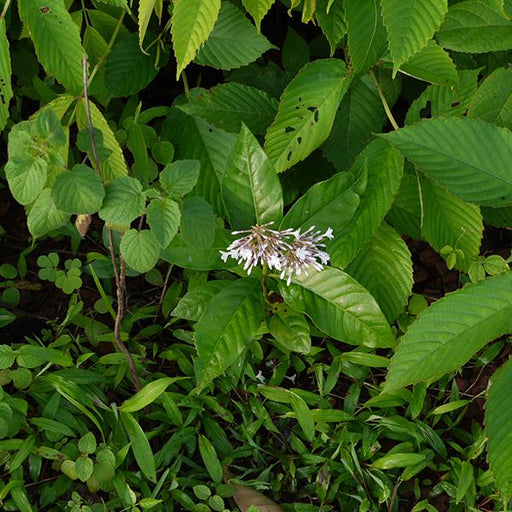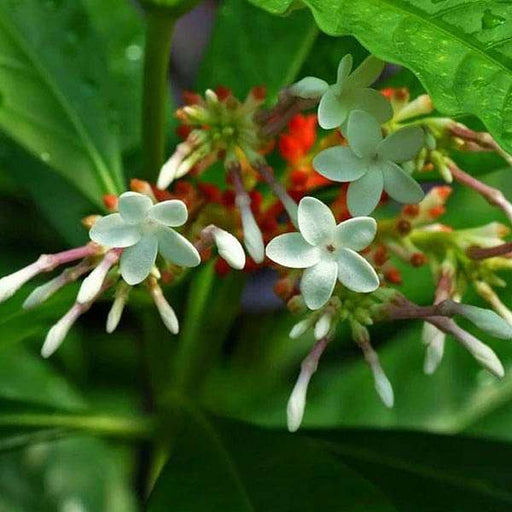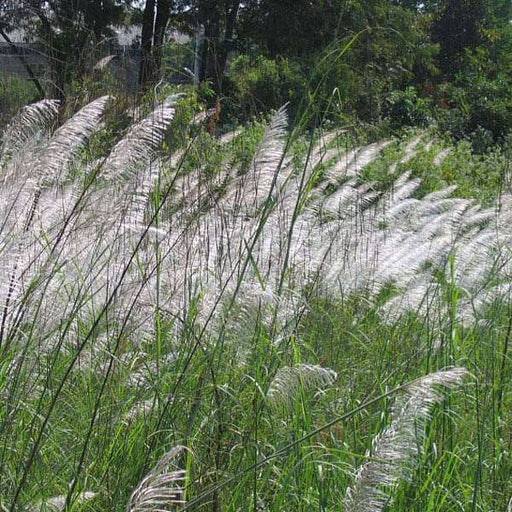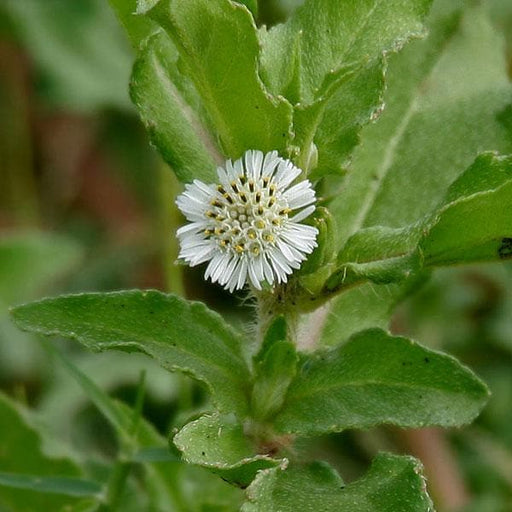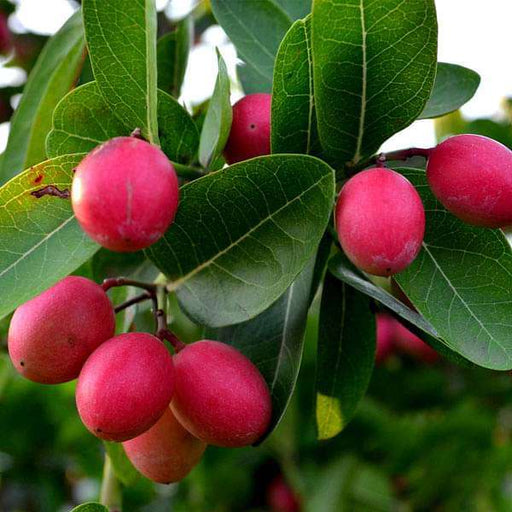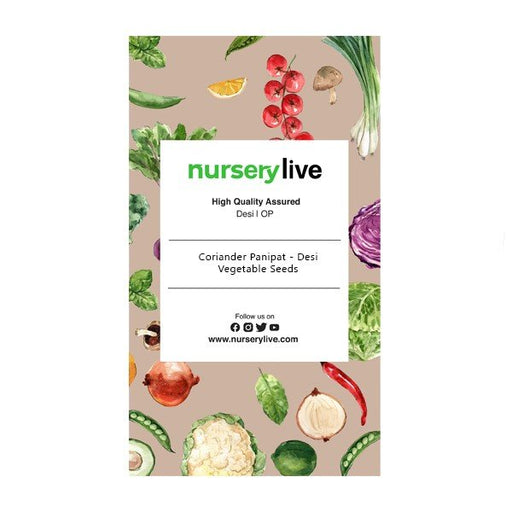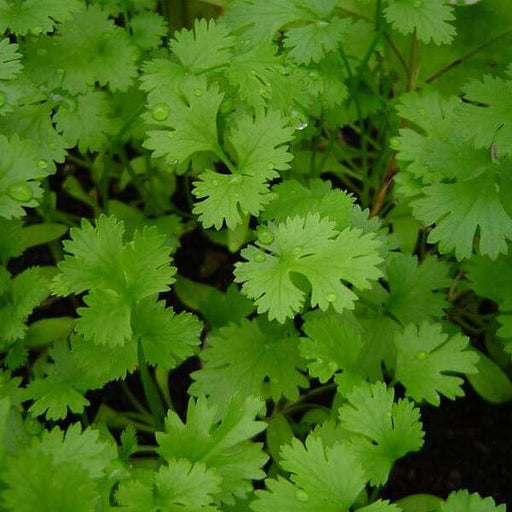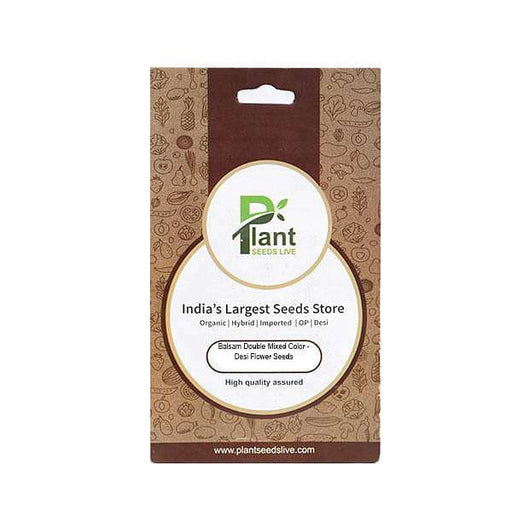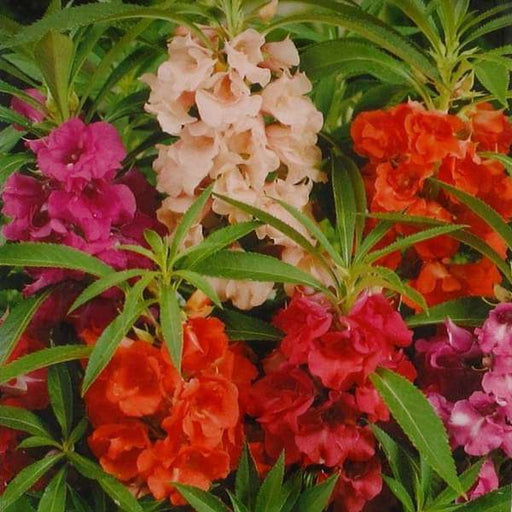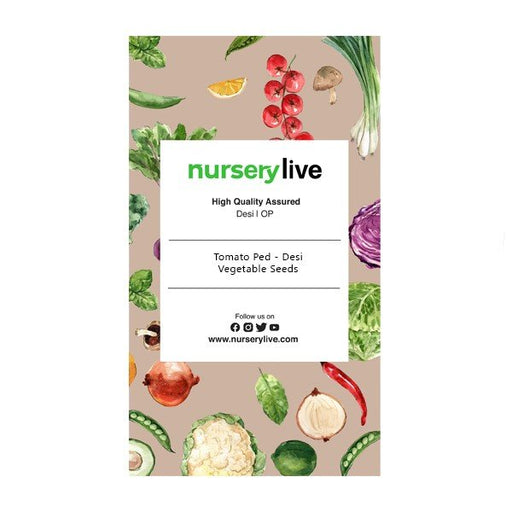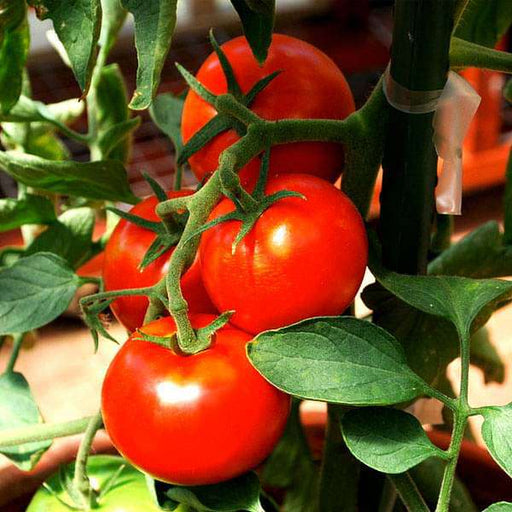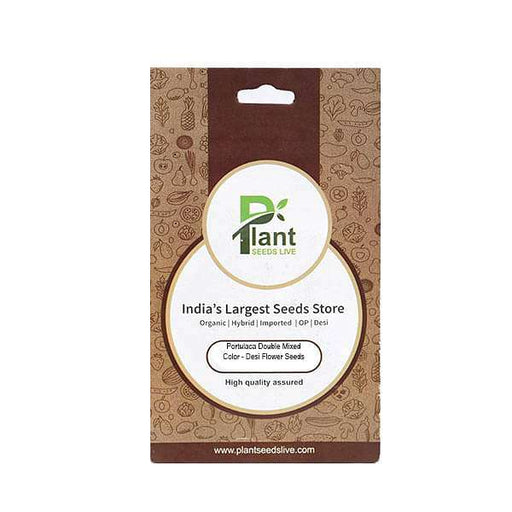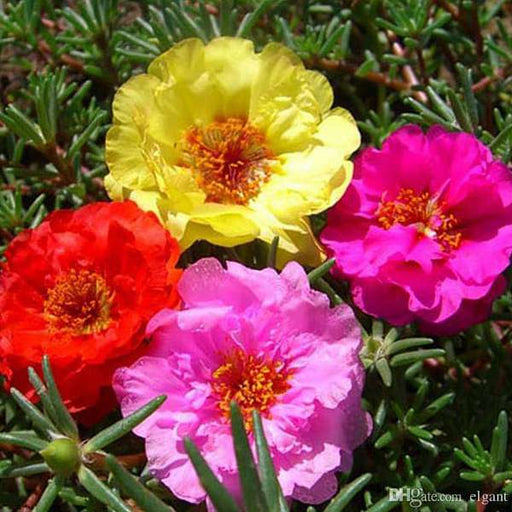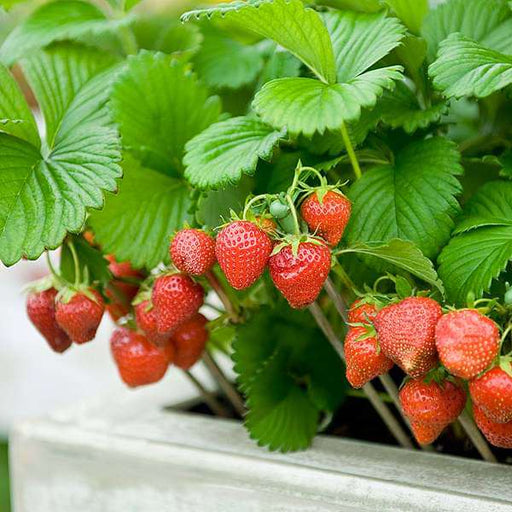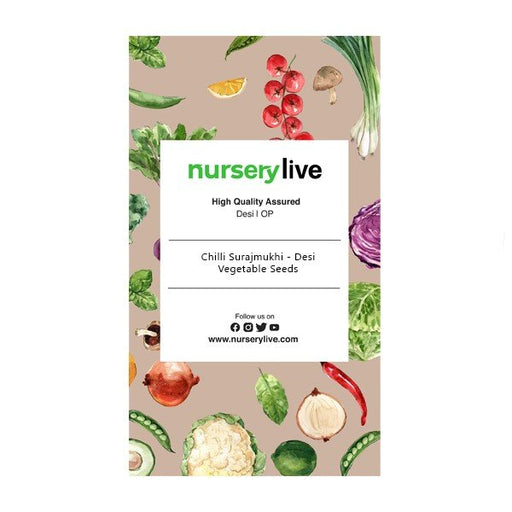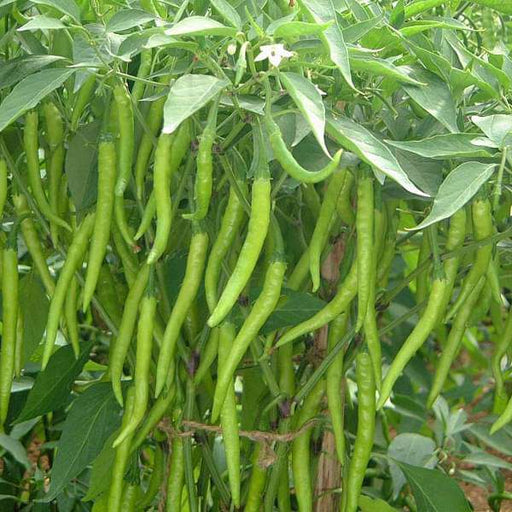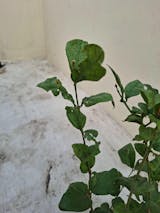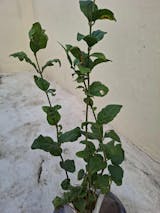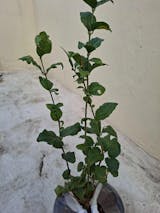Types of Forestry Seeds
There are different types of forestry seeds available, such as coniferous, deciduous, and mixed forest seeds. Each type has unique characteristics, growth requirements, and benefits. Whether you are a landowner, forester, or environmental enthusiast, understanding the different types of forestry seeds can help you make informed choices for your planting projects.
Forestry Seed Germination
Forestry seed germination is the process by which a seed begins to grow into a new tree. The process involves the right conditions such as moisture, temperature, and light. Understanding the forestry seed germination process is critical to successful forest planting.
How to Collect Forestry Seeds
Collecting forestry seeds can be a fun and rewarding activity. Whether you are looking to propagate your forest or start a new one, collecting forestry seeds can be an excellent way to get started. However, it is essential to know the best time to collect forestry seeds, how to store them, and how to prepare them for planting.
Forestry Seedling Care
Forestry seedlings require specific care to thrive and grow into healthy trees. Adequate watering, soil preparation, and sunlight are just some of the factors that contribute to successful seedling care. By learning how to care for forestry seedlings, you can ensure that your forest grows strong and healthy.
How to Plant Forestry Seeds
Planting forestry seeds is a great way to grow a lush forest or woodland. However, it is essential to know the right time to plant, the planting depth, and the proper soil conditions to ensure successful growth. By following some simple steps, you can plant forestry seeds and watch them grow into a beautiful green landscape.
Forestry Seed Dispersal
Forestry seed dispersal is a critical process by which trees spread their seeds for future growth. Different tree species use various methods of seed dispersal, including wind, water, animals, and gravity. Understanding forestry seed dispersal can help you appreciate the role of trees in our environment and improve your chances of growing healthy forests.
Forestry Seed Banks
Forestry seed banks are essential institutions that preserve and protect the genetic diversity of tree species worldwide. By collecting, storing, and sharing forestry seeds, seed banks play a crucial role in maintaining healthy forests, supporting sustainable development, and promoting ecosystem resilience. Learn about the role of forestry seed banks and how you can support their work.
Forestry Seedling Diseases
Forestry seedling diseases can pose a significant threat to the health and growth of new trees. Fungal, bacterial, and viral diseases can cause damage to seedlings and prevent them from growing into mature trees. By understanding the common forestry seedling diseases and their symptoms, you can take steps to prevent and treat them.
Forestry Seedling Transplanting
Transplanting forestry seedlings can be a challenging process, but with the right techniques, you can ensure successful growth. Timing, preparation, and careful handling are crucial for the transplanting process. Learn about the best practices for forestry seedling transplanting and improve your chances of growing healthy forests.
Forestry Seedling Fertilization
Fertilizing forestry seedlings can help promote healthy growth and development. However, it is essential to understand the right timing, amount, and type of fertilizer to use. By following the correct fertilization practices, you can ensure that your seedlings grow into healthy, mature trees.
Forestry Seedling Watering
Watering forestry seedlings is an essential aspect of seedling care. However, it is crucial to understand the right amount and frequency of watering to prevent overwatering or underwatering. By providing adequate water to your forestry seedlings, you can ensure their healthy growth and development.
Forestry Seedling Pruning
Pruning forestry seedlings is an important practice that helps shape and train the young trees. It also promotes the growth of a strong and healthy tree structure. By learning the basics of forestry seedling pruning, you can improve the overall health and yield of your forest.
Forestry Seedling Pest Control
Pests can pose a significant threat to the health and growth of forestry seedlings. Insects, rodents, and other pests can damage the young trees and prevent them from growing into mature trees. By understanding the common forestry seedling pests and their control methods, you can protect your trees and promote their healthy growth.
Forestry Seedling Growth Rates
Forestry seedling growth rates can vary depending on the species, growing conditions, and other factors. Understanding the growth rates of different tree species can help you plan and manage your planting projects better. By selecting the right species and providing optimal growing conditions, you can ensure the healthy growth and development of your trees.
Forestry Seedling Root Development
Root development is a crucial aspect of forestry seedling growth and development. Healthy root systems help the trees absorb water and nutrients, anchor the trees in the soil, and support their growth. By learning about the basics of forestry seedling root development, you can ensure the healthy growth and development of your trees.
Forestry Seedling Dormancy
Forestry seedling dormancy is a natural physiological process by which the trees enter a period of rest and conserve their energy. Understanding the factors that influence forestry seedling dormancy can help you plan and manage your planting projects better. By providing optimal growing conditions, you can promote healthy growth and development of your trees after the dormancy period.
Forestry Seedling Propagation
Forestry seedling propagation is a process of producing new trees from existing ones. It involves different methods such as grafting, budding, and cuttings. Understanding the basics of forestry seedling propagation can help you expand your forest collection and create new planting projects.
Forestry Seedling Genetics
Forestry seedling genetics plays a crucial role in determining the characteristics and traits of the new trees. Understanding the genetics of forestry seedlings can help you select the right species and plan your planting projects better. By selecting the trees with the desired traits and characteristics, you can ensure the healthy growth and development of your forest.
Forestry Seedling Sustainability
Forestry seedling sustainability is an essential aspect of planting and growing trees. Sustainable forestry planting practices promote the health and growth of trees while minimizing the impact on the environment. By using sustainable practices, you can ensure the long-term health and growth of your forest while contributing to the conservation of our planet's natural resources.
Forestry Seedling Afforestation
Afforestation is the process of establishing a forest where there was no forest before. It is an important practice for restoring degraded landscapes, promoting biodiversity, and mitigating climate change. Learn about the basics of forestry seedling afforestation and how it can contribute to a healthier planet.

